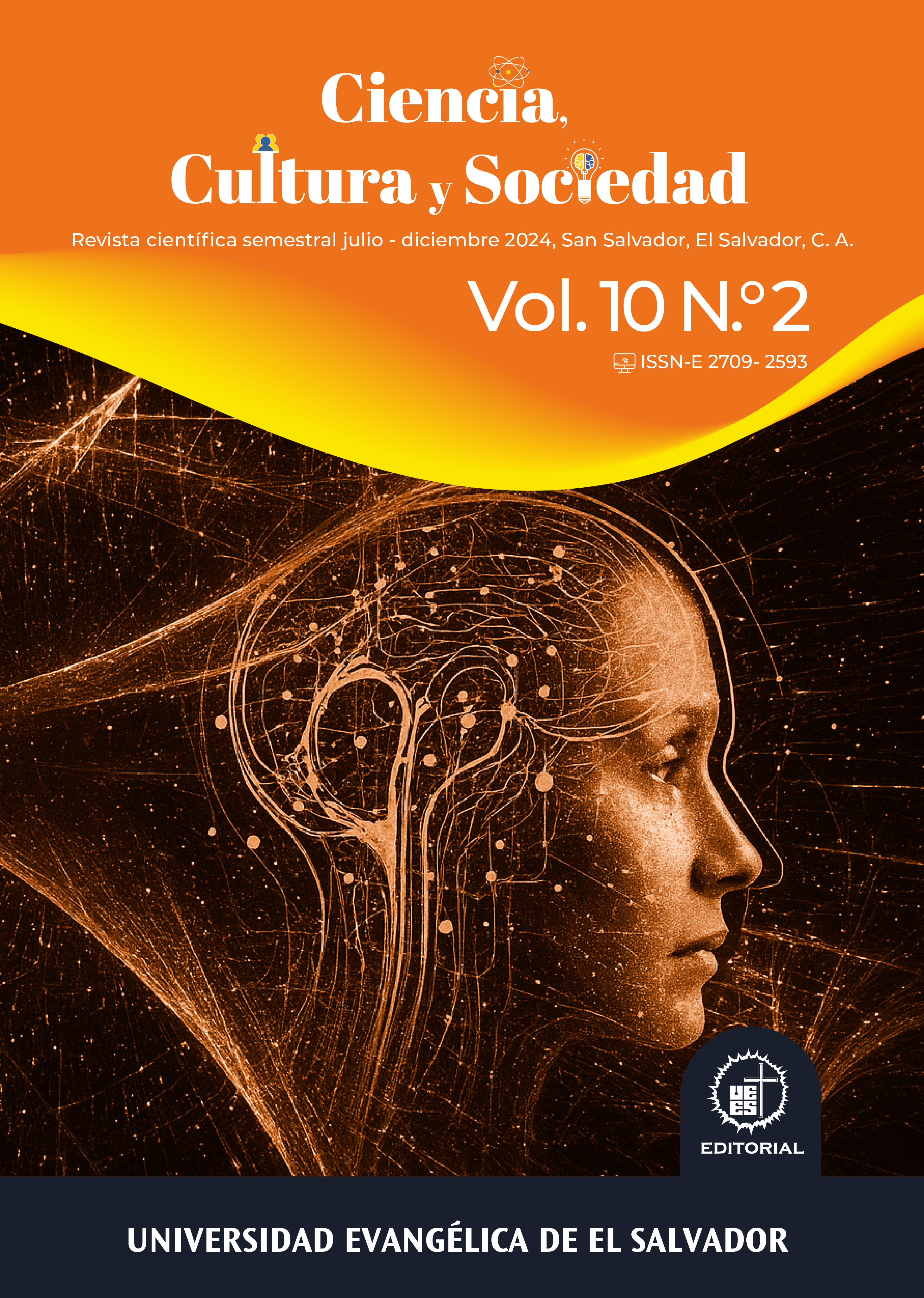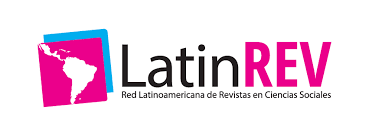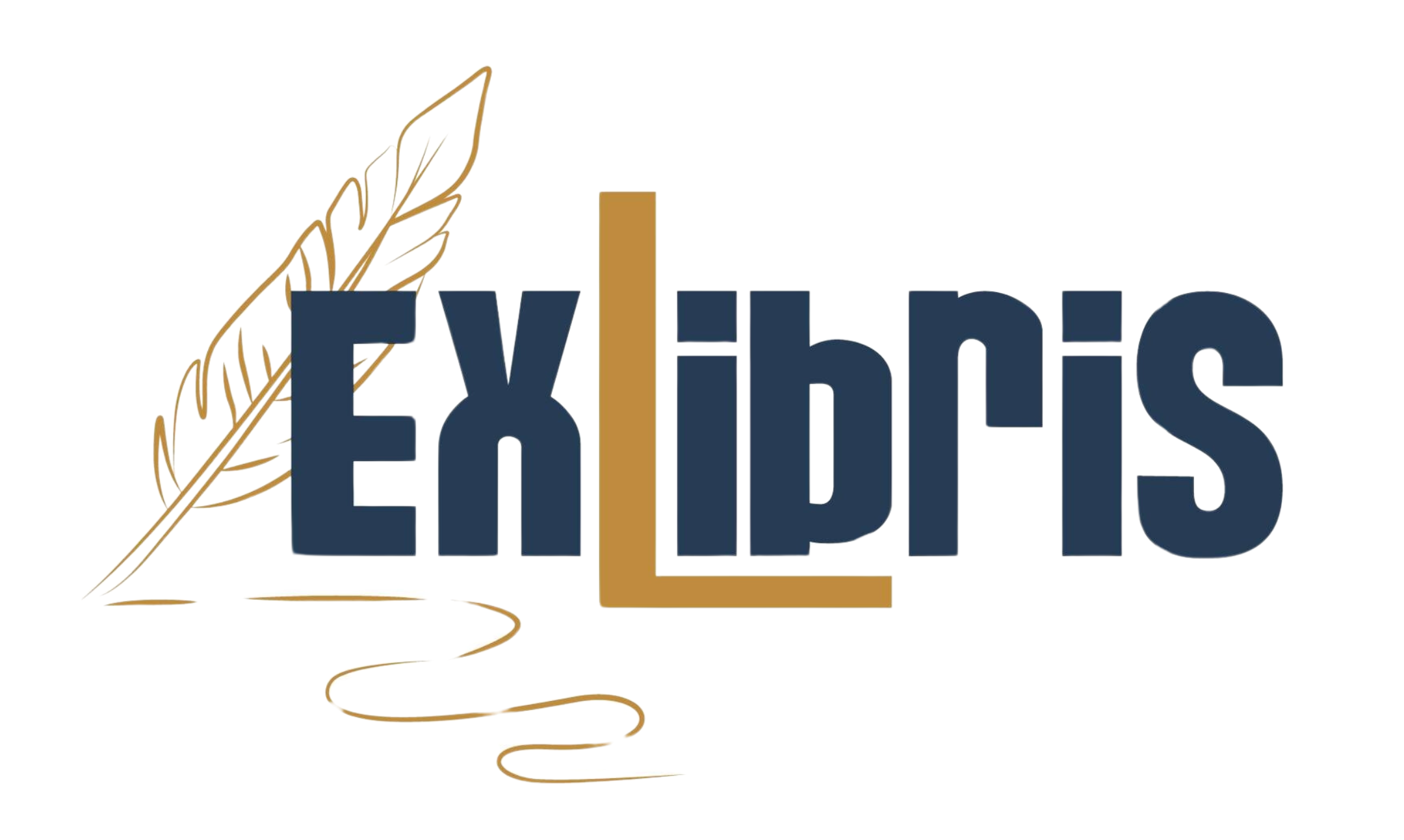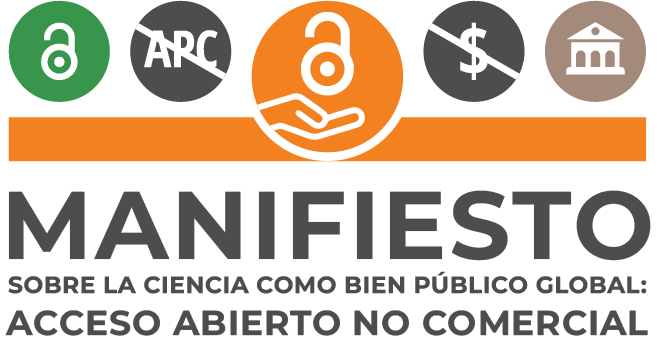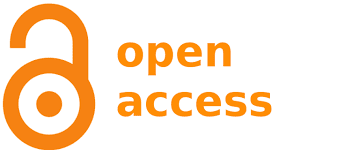El Role-play como herramienta de enseñanza del funcionamiento de la Unión Europea
DOI:
https://doi.org/10.69789/ccs.v10i1.736Keywords:
Teaching, International relations, Role-play, Simulation, Terro, Terrorism, European UnionAbstract
The European elections took place last June 2024. These were elections from which the new commissioners emerged after passing their respective hearings months later. In the panorama of International Relations, the already current High Representative of the European Union for Foreign Affairs and Vice President of the European Commission. In her hearing as proposed commissioner, Kaja Kallas had to know how to respond to such turbulent issues that threaten European security policy, such as the role of Russia in the international order or the threat of terrorism that does not understand borders. This article has focused on this last aspect through a training given to several students of the degree in International Relations and Business at the Evangelical University of El Salvador. After explaining the necessary concepts, a simulation of the hearing was carried out in which the students formed groups representing the political parties and asked questions to the student who embodied the figure of the proposed commissioner. This article is therefore presented with the main objective of enabling students to acquire knowledge of the functioning of the EU in a hearing, especially in matters relating to terrorism. All this under the hypothesis that the implementation of a role-play makes it possible for students to acquire knowledge about hearings and the terrorist threat in the European Union in a more attractive way.
References
Boud, D. (Ed.). (1988). Developing student autonomy in learning. Taylor & Francis
Cárdenas Salgado, F. A. y Zapata Castañed, P. N. (2013). Aprendizaje activo y evaluación auténtica. Enseñanza de las Ciencias: revista de investigación y experiencias didácticas (Ed.), IX Congreso Internacional sobre investigación en didáctica de las Ciencias. (pp. 649-654). https://raco.cat/index.php/Ensenanza/article/view/306179
Cobo, A., Conde, O. M., Quintela, M. A., Mirapéix, J. M. y López-Higuera, J. M. (2011), On-line role-play as a teaching method in engineering studies. Journal of Technology and Science Education, 1(1), 49-58. https://doi.org/10.3926/jotse.13
Duus Henriksen, T. (2010). Moving educational role-play beyond entertainment. Education in the Knowledge Society (EKS), 11(3), 226–262. https://doi.org/10.14201/eks.7462
López-Gómez, J. A., Carrasco, A., y Mata Cabrera, F. (2018). Evaluando la participación con aprovechamiento en clase: de lo cualitativo a lo cuantitativo. En M. J. Marco Galindo, D. Bañeres Besora y J. M. Marco Simó (Eds.), Actas XXIV Jornadas sobre la Enseñanza Universitaria de la Informática (pp. 165- 172). Asociación de Enseñantes Universitarios de la Informática, Barcelona, ES. https://aenui.org/actas/fichas/JENUI_2018_032.html
Matas, A. (2018). Diseño del formato de escalas tipo Likert: un estado de la cuestión. Revista Electrónica de Investigación Educativa, 20(1), 38-47. https://doi.org/10.24320/redie.2018.20.1.1347
Medina, M., Rojas, R., Bustamante, W., Loaiza, R., Martel, C., y Castillo, R. (2023). Metodología de la investigación: Técnicas e instrumentos de investigación (1.ª ed.). Instituto Universitario de Innovación Ciencia y Tecnología Inudi Perú S. A. C. https://doi.org/10.35622/inudi.b.080
Mirmán Flores, A.M. (2013). The role teachers play in international education through cooperative learning. En International Conference Re-conceptualizing the professional identity of the European teacher. Sharing Experiences (pp. 533-544), Sevilla, ES. http://hdl.handle.net/11441/56734
Parlamento Europeo (2024). Los grupos políticos del Parlamento Europeo. Sobre el Parlamento. https://www.europarl.europa.eu/about-parliament/es/organisation-and-rules/organisation/political-groups
Rebollo, M. (2001). Aprendizaje activo en el aula. En Miró Julià, J. A. (Ed.) VII Jornadas de Enseñanza Universitaria de la Informática. (pp. 1-6). Universidad de les Illes Balears, Palma de Mallorca, ES. https://aenui.org/actas/pdf/JENUI_2001_024.pdf
Requeijo Rey, P. (2022). El role-play en el aprendizaje de la Comunicación Política. En G. De Marchis Picciol, M. E. Herrera Capriz, J. de la Vara López (Eds.), Excelente en docentia. Ejercicios prácticos para los grados de comunicación (pp. 73-88). ISICS. https://hdl.handle.net/20.500.14352/2630
Salemi, M. (2007). Defensa de aprendizaje activo mediante un ejemplo. RAE: Revista Asturiana de Economía, (38), 39-54. https://dialnet.unirioja.es/servlet/articulo?codigo=3017902
Tarancón, S., Orellana, J. y Tejado, E. (2022). ¿Errores catastróficos? En REDINE, Red de Investigación e Innovación Educativa (Ed.), Conference Proceedings CIVINEDU 2022. 6th International Virtual Conference on Educational Research and Innovation (pp. 445-449). Adaya Press. https://doi.org/10.58909/adc22935203
Downloads
Published
Issue
Section
License
Copyright (c) 2024 Paula M. Núñez-Guerra

This work is licensed under a Creative Commons Attribution-NonCommercial-ShareAlike 4.0 International License.
Los artículos de Ciencia, Cultura y Sociedad están publicados en acceso abierto bajo una licencia CC BY-NC-SA 4.0 de la Universidad Evangélica de El Salvador.

